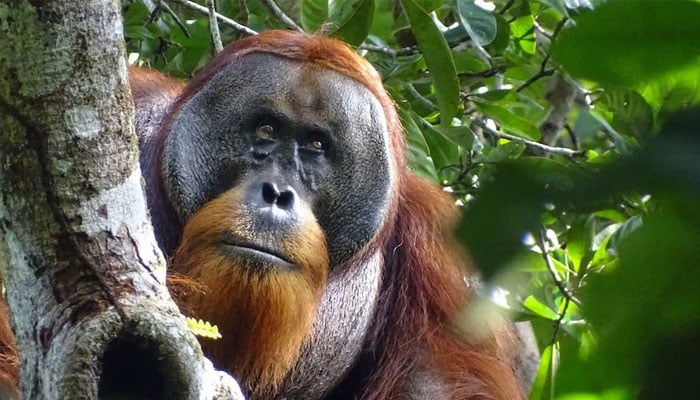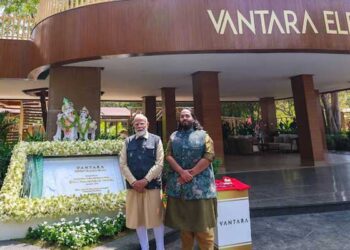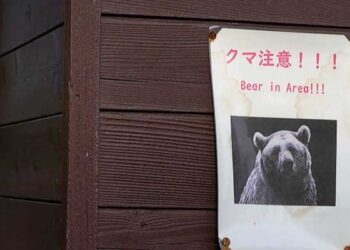Select Language:
Wildlife conservationists are urging India to halt all imports of the planet’s most critically endangered species. This call supports longstanding concerns from conservationists about the large-scale acquisitions by the mega-zoo Vantara. Located in western Gujarat, the Green Zoological Rescue and Rehabilitation Centre is operated by the son of Asia’s wealthiest individual. Over recent years, Vantara has accumulated tens of thousands of animals and underwent a review by the Indian Supreme Court, which found no violations.
However, experts from the International Union for Conservation of Nature (IUCN), overseeing the Convention on International Trade in Endangered Species (CITES), have raised alarms about possible violations. Their recent report, ahead of this month’s CITES negotiations, pointed out that numerous imports seem inconsistent with protections for Appendix I species—the most threatened animals. The report recommends significant reforms to prevent Vantara from becoming an inadvertent facilitator of illegal wildlife harvesting.
Vantara and India’s environment ministry have not responded to inquiries. Critics have long warned about Vantara’s aggressive animal intake. The facility claims it houses around 150,000 animals, but CITES officials reported that approximately 47,000 were present during a September inspection. “This report raises more questions than answers,” stated Mark Jones, policy director at Born Free Foundation. “Why are there discrepancies in the numbers? Why are so many animals, from so many species across the globe, being imported? Who supplies these animals, and how do we ensure they’re not part of illegal trade?”
CITES’ investigation highlighted issues involving some of the rarest species, including the Tapanuli orangutan—the world’s most endangered great ape. Earlier this year, AFP reported that Vantara had imported a Tapanuli orangutan from the United Arab Emirates, which originated in Indonesia. While CITES allows trade of “captive-bred” animals under certain conditions, multiple experts confirmed there are no captive breeding programs for Tapanuli orangutans in Indonesia, which is home to all approximately 800 remaining individuals. Similar issues involve cheetahs from Syria, a gorilla from Haiti, and bonobos from Iraq, all of which are under scrutiny.
Panut Hadisiswoyo, founder of the Orangutan Information Centre in Indonesia, described the findings as “really shocking,” emphasizing that Vantara has acquired more than 2,000 Appendix I animals and nearly 9,000 animals from less endangered categories. “Vantara exploits legal loopholes and undermines protections for the most endangered species,” he said. Efforts to recover some orangutans intercepted from illegal trade and handed over to Vantara have so far been unsuccessful.
The CITES report recognizes Vantara’s state-of-the-art facilities but calls for India to tighten import procedures and enhance scrutiny over permits. Wildlife trade expert Daniel Stiles described the report as a thorough examination. “We’ll see if any positive changes occur,” he added. CITES has asked India to report on progress, and failure to address these concerns could lead to sanctions, including a trade ban.
India’s conservation community has expressed concern that the situation tarnishes the country’s conservation reputation. Longstanding experts like K Yoganand believe restoring India’s credibility will require bold and exemplary actions to demonstrate commitment to wildlife protection.







